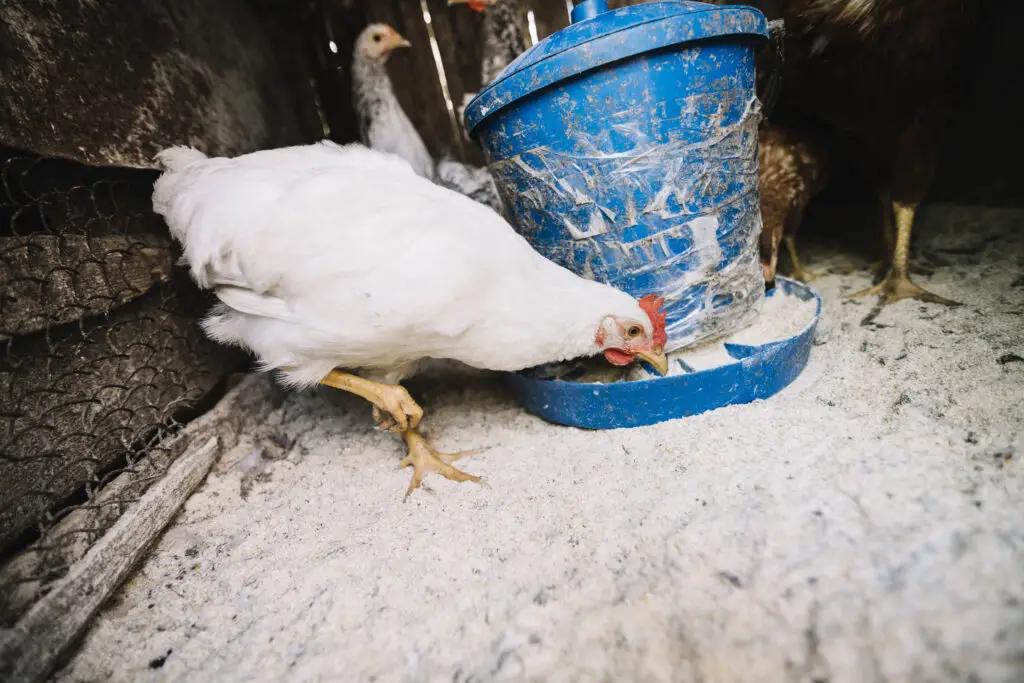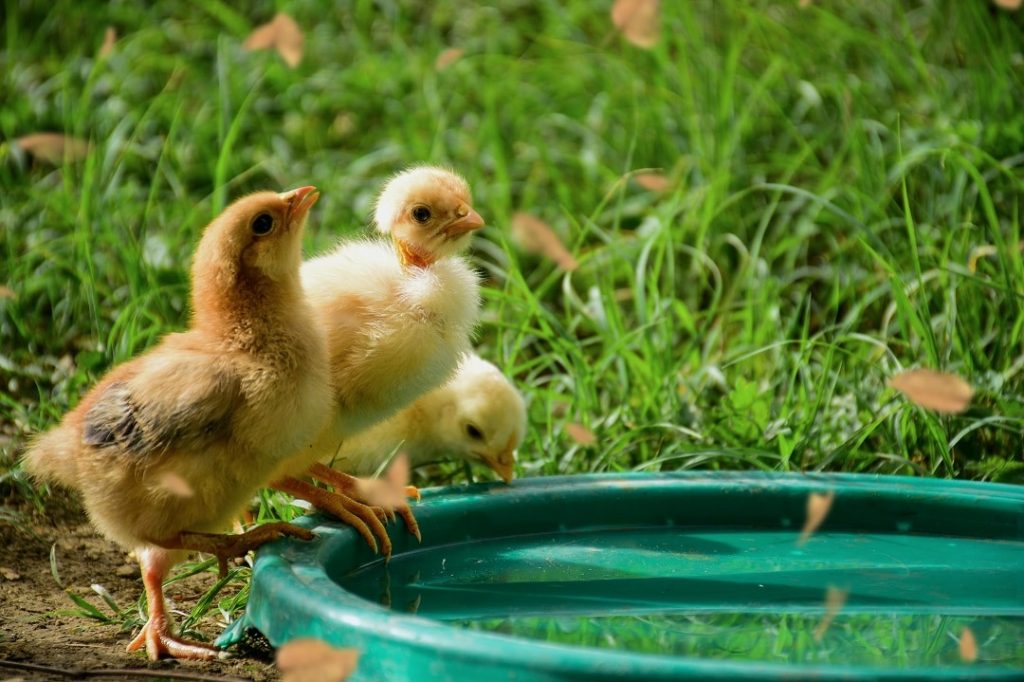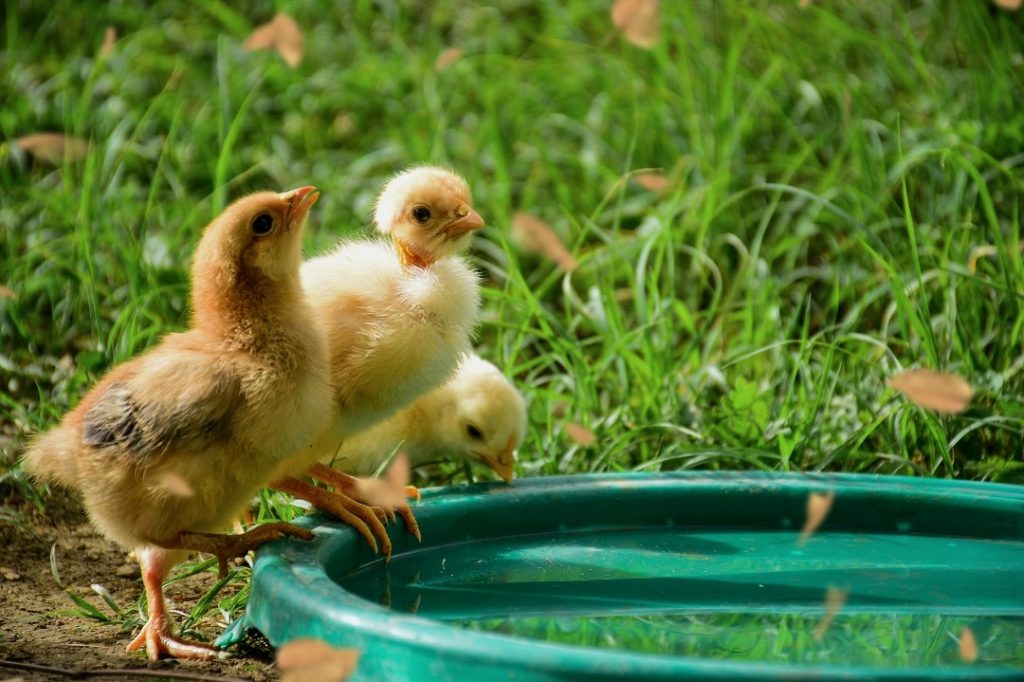As winter approaches and temperatures plummet, one crucial question arises for backyard poultry keepers: How to ensure your chickens have constant access to unfrozen water? Heated chicken waterers have become a popular solution, promising to keep water liquid even in the coldest conditions. But are they safe? This article explores the benefits and potential risks of using heated waterers, offering insights into their safe usage.
You may also want to read about the best chicken waterer for winter.
Benefits of Heated Chicken Waterers
Heated chicken waterers are not just a convenience; they’re often a necessity in colder climates. Here’s why they’re beneficial:
- Constant Water Supply: They prevent water from freezing, ensuring that chickens always have access to drink.
- Health and Hydration: Adequate hydration is vital for chickens, especially during winter when they need more energy to stay warm.
- Convenience for Owners: They reduce the need for frequent water changes, saving time and effort.

Understanding the Safety of Heated Waterers
How They Work
Heated chicken waterers generally use a low-wattage heating element to keep water at a consistent, unfrozen temperature. They are designed to activate when temperatures drop to a certain point and turn off when not needed.
Materials Used
Most heated waterers are made from materials that are safe and durable, like heavy-duty plastic or metal, designed to withstand the rigors of coop life.
Temperature Control
A key safety feature is the built-in thermostat that prevents the water from getting too warm, reducing the risk of burns or overheating.
Risks and Precautions
Potential Risks
Despite their benefits, there are risks to consider:
- Electrical Hazards: Any electrical device in a coop poses a risk. It’s crucial to ensure that all wiring is safe, away from pecking beaks, and protected from the elements.
- Overheating and Burns: Poorly made waterers might overheat, posing a risk to you and your chickens. Always choose a reputable brand.
- Quality and Durability: Low-quality waterers may malfunction, so it’s important to invest in a well-made product.

Best Practices for Safe Usage
- Regular Inspections: Regularly check for any signs of damage or malfunction.
- Proper Placement: Keep the waterer in a place where it won’t be knocked over and where chickens can comfortably access it.
- Training Your Flock: Introduce your chickens to the new waterer gradually to ensure they’re comfortable and know how to use it.
Alternatives to Heated Waterers
If you’re hesitant about using a heated waterer, there are alternatives:
- Insulated Waterers: These can help prevent water from freezing, though they may not be as effective in very low temperatures.
- Frequent Water Replacement: This traditional method involves replacing the water multiple times a day to prevent freezing.
Conclusion
Heated chicken waterers can be a safe and effective way to ensure your flock has access to water during the cold months. By understanding how they work, being aware of the risks, and following best practices for their use, you can keep your chickens hydrated and healthy all winter long. Remember, the well-being of your flock is paramount, and being informed is the first step to ensuring their safety and comfort.


